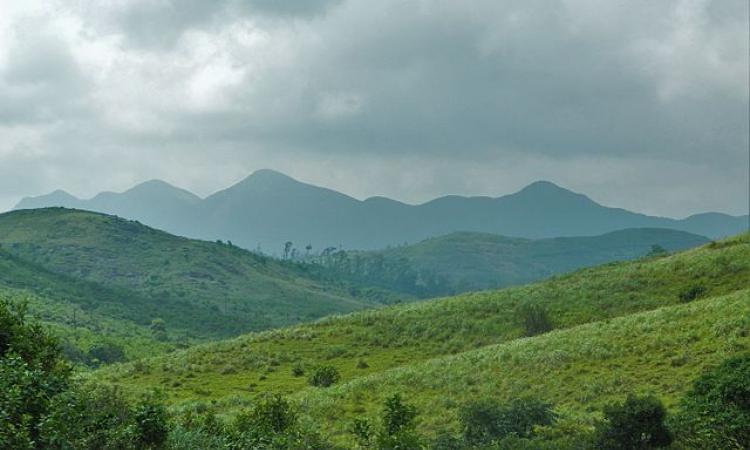
No more clearance to activities affecting eco zones in the Western Ghats: NGT
Taking note of the recent floods in Kerala, the National Green Tribunal has restrained the six states falling in the Western Ghats region from giving environmental clearance to activities which may adversely affect the eco-sensitive areas. The tribunal has slammed the states for the delay in filing objections with regard to the notification dated February 27, 2017 and has also directed the states not to reduce the area of the eco-sensitive zone in terms of the notification without it being considered by the tribunal.
Draft Bill on Ganga lists out cognisable offences
As per the revised version of the draft Bill, the National River Ganga (Rejuvenation, Protection and Management) Bill, 2017, Armed Ganga Protection Corps (GPC) personnel will be deployed soon with the power to arrest those who pollute the Ganga river. The Bill also lays down provisions for imprisonment of two to five years for offences like commercial fishing, polluting the river and construction of illegal structures on active floodplains. In order to enforce the law, the Bill suggests constitution of National Ganga Council and a National Ganga Rejuvenation Authority.
SC lifts ban on construction activities in Maharashtra and Uttarakhand
For failing to frame a policy on solid waste management, the Supreme Court had imposed a ban on construction activities in Maharashtra, Uttarakhand and Madhya Pradesh. However, the ban has been lifted for Maharashtra and Uttarakhand. The Maharashtra government has assured the court that it has revised the policy on solid waste management while Uttarakhand has sought vacation on the ban order saying it was facing a "crisis situation" due to artificial lake formation in the Tehri Garhwal area after huge landslides and need time to focus on relief measures.
J&K and Punjab to resume work on Shahpurkandi dam project
The governments of Punjab and Jammu and Kashmir have signed an agreement to resume work on the Shahpurkandi dam project on Ravi river. The proposed dam is a national project. However, its construction was halted in 2014 owing to a dispute between the two states. The project aims to irrigate nearly 37,000 ha of land in Punjab and J&K and will produce 206 MW of clean power. The dam is also expected to allow India to efficiently utilise the water of the eastern rivers allocated to it under the Indus Waters Treaty and reduce India’s share of Ravi waters flowing into Pakistan.
Water level in Mullaperiyar dam: SC expresses helplessness
The Supreme Court has refused to deal with the issue of water level in the Mullaperiyar dam saying it could do nothing if Kerala, Tamil Nadu and the Centre "cannot rise to the occasion". The apex court was hearing a petition seeking to ascertain the age of the dam. It has, however, directed the matter to the sub-committee constituted under the Disaster Management Act, 2005 and the National Crises Management Committee (NCMC) which would now deal with the maintenance of water level in the reservoir.
This is a roundup of important policy matters from September 5 - 11, 2018. Also, read the news this week.
Lead image source: Anand via Wikipedia Commons